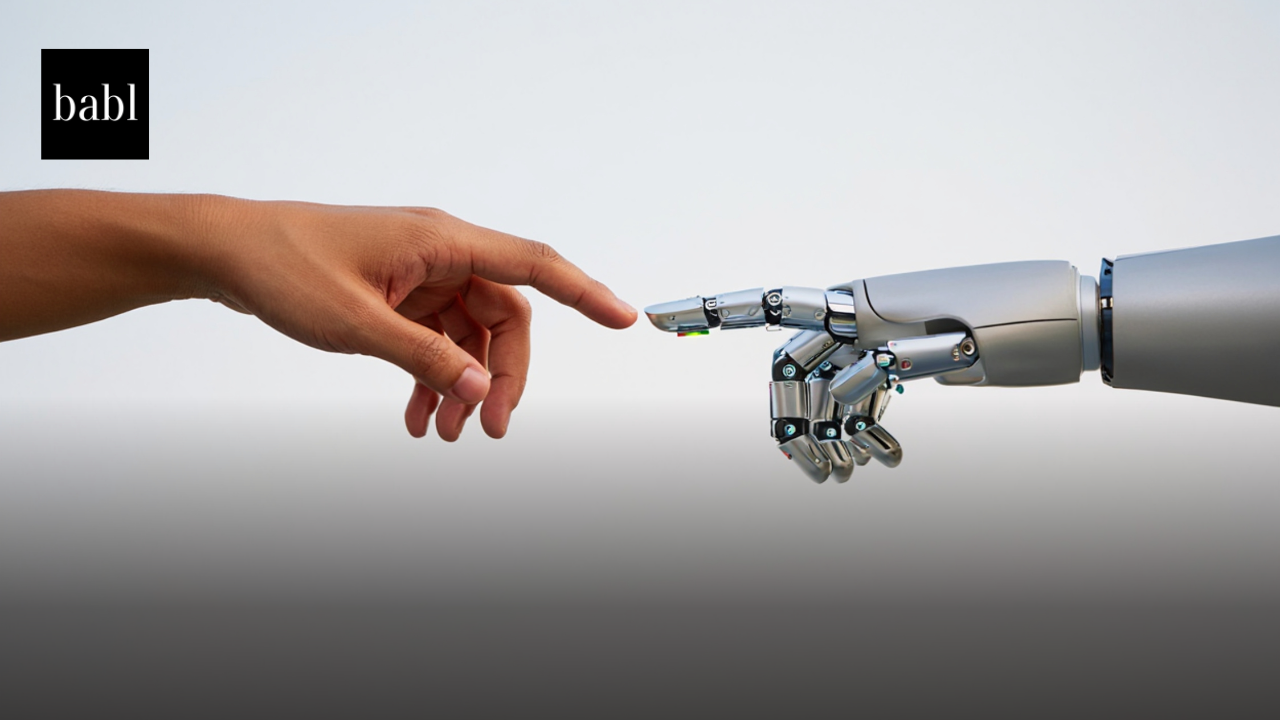UPDATE — August 2025: Since the State Department released GAIRA and the AI in Global Development Playbook (Sept 2024), the agenda has moved from paper to practice. In March 2025 the U.S., U.K., Canada and the EU launched the International Network of AI Safety Institutes, and State stood up a dedicated Office for Global AI Policy (with USAID) to operationalize GAIRA. UN follow-through via the Pact for the Future (May 2025) and the OECD’s June 2025 update folded GAIRA’s SDG, labor-transition and equity themes into multilateral guidance.
At home, Labor issued new analysis spotlighting globally exposed sectors (textiles, BPO, ag processing), USAID kicked off Playbook pilots on climate adaptation in sub-Saharan Africa and AI-enabled education in South Asia, and NSF/DOE opened 2025 funding calls for international consortia on AI safety, climate and migration/labor impacts—while several tech firms adopted Playbook-aligned practices for development projects. Civil society has warned the effort is still too U.S.-centric and flagged data-sovereignty risks for LMICs, prompting expanded outreach. Overall, GAIRA is now steering research funding, development deployments and labor-market planning across U.S. and partner programs.
ORIGINAL NEWS STORY:
U.S. Releases Global AI Research Agenda and AI in Global Development Playbook to Guide Responsible AI Use
U.S. Secretary of State Antony Blinken announced the “Global AI Research Agenda” (GAIRA) and the “AI in Global Development Playbook,” two initiatives designed to guide responsible AI use worldwide. The State Department said the frameworks will promote safe, secure, and inclusive AI development while aligning with President Biden’s Executive Order 14110.
Both documents focus on using AI to achieve the United Nations’ Sustainable Development Goals (SDGs). They outline how AI can help address global challenges such as poverty, inequality, and climate change. Each emphasizes that AI must be deployed ethically and equitably to ensure that its benefits reach all nations.
Coordinating Global Research and Reducing Inequality
GAIRA serves as a roadmap for responsible international research. It calls for collaboration across borders to manage AI’s influence on labor markets, healthcare, and the environment. As AI reshapes industries, coordinated oversight is essential to avoid widening inequality and to protect human rights. “The release of these two key documents demonstrates the United States’ commitment to leading the way in AI research and development,” Blinken said. “AI can solve global challenges if harnessed responsibly. These frameworks ensure that we prioritize safety, security, and inclusivity as AI continues to evolve.”
GAIRA highlights research priorities including AI’s impact on economic opportunity and global labor markets—especially in low- and middle-income countries. The agenda encourages research that reduces inequality and safeguards privacy and worker rights.
The Playbook: AI for Global Development
The AI in Global Development Playbook complements GAIRA by providing strategies for using AI in education, healthcare, infrastructure, and climate adaptation. It stresses the need for evidence-based projects and rigorous testing, especially in vulnerable regions. The Playbook calls for partnerships among governments, academia, and the private sector to ensure transparency and fairness in AI use. Both documents emphasize inclusion. They call for diverse stakeholder input from civil society and developing nations to shape AI governance and ensure that no community is left behind in the digital transition.
U.S. Agencies Unite to Guide Global AI Policy
The GAIRA and Playbook reflect broad collaboration among the State Department, USAID, the Department of Labor, the Department of Energy, and the National Science Foundation. Together, they form a unified U.S. approach to global AI policy that aligns research, labor, and development goals. Blinken said the initiatives complement the U.S. domestic AI strategy while contributing to global standards. “By promoting international collaboration, we can ensure AI is used responsibly and benefits people everywhere,” he said. A key focus is AI’s impact on the global workforce. The Department of Labor said GAIRA will help identify new job opportunities, assess displacement risks, and guide policies for worker reskilling and economic inclusion.
Need Help?
If you’re unsure how these new AI initiatives could affect your organization, contact BABL AI. Their Audit Experts can offer valuable insight and ensure you’re informed and compliant.





